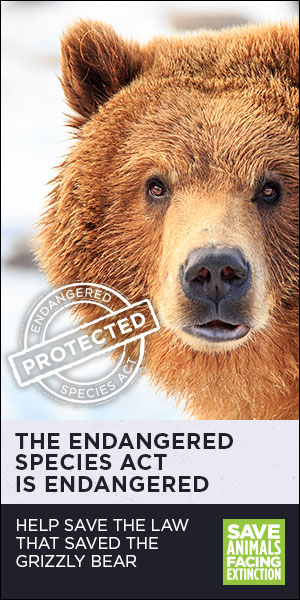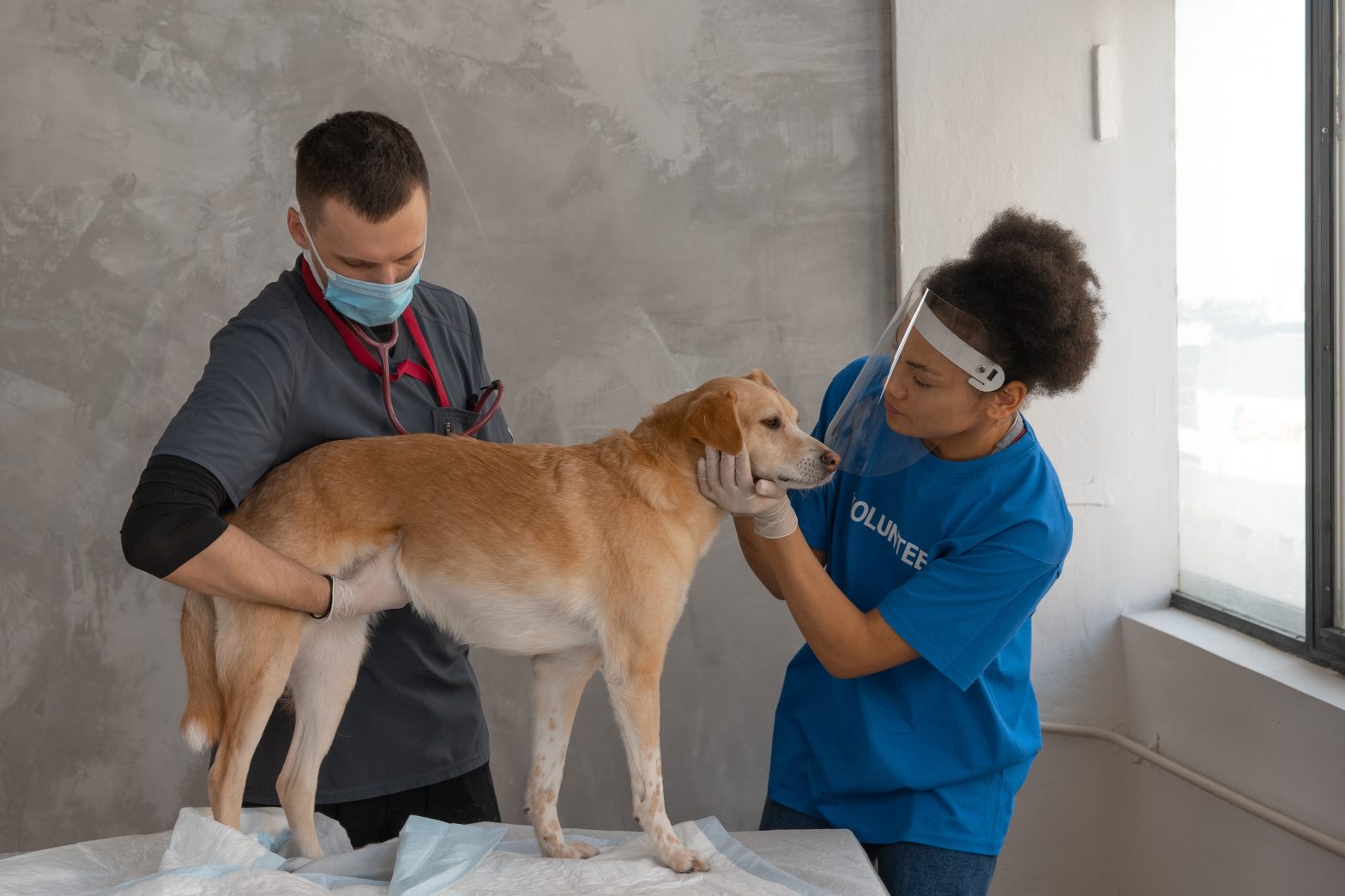Even a one-night stay at a boarding kennel can be upsetting for your dog, so imagine what a more extended stay would be like for them. Not every dog will suffer from kennel stress, but for some, pet boarding can be a traumatic experience. Changing routines and exposure to new situations can cause stress and anxiety in even the calmest dogs.
Prevalent Signs of Dog Kennel Stress
Your dog’s reaction to boarding may be affected by several things, such as the dog’s personality, the kennel’s atmosphere, and any unexpected events during their stay. Your dog may have to adjust to a new diet, new routine, new persons handling them, and the possibility of aggressiveness from other dogs. It’s possible to feel anxious due to these things.
If your dog’s behavior has changed after you brought them home from the kennel, you may want to look into the following signs of kennel stress.
Pacing
When a dog paces back and forth, it’s because they’re overwhelmed with stress and can’t relax. It might be tolerated if this only occurs at mealtimes or for brief intervals. Yet, being aware of the times your dog exhibits this behavior might help you identify the source of their worry.
Pacing can be an indication of dementia in senior dogs. If you have an elderly pet and observe this, don’t delay getting them to the vet from a reputable pet hospital like San Angelo vet hospital.
Odd Body Language
Does your pet cower whenever you approach? Do they show signs of fear after visiting the boarding facility? If so, the dog’s apparent shift in body language is a massive indicator of the stress they’re experiencing at the kennel. They may tuck their tail between their legs, shift their weight from one leg to another, and cower in terror.
Shedding
Stress-induced hair loss is well-known to occur in humans. When dogs experience stress at a boarding kennel, they, too, may start to lose hair or develop bald spots. If your dog is concerned about anything, it may paw or scrape at itself, which can cause hair loss.
It is essential to pick a comfortable pet boarding for your dog if you want to reduce the amount of kennel anxiety they experience. Before committing to anything, make sure you’ve thoroughly evaluated their establishment and the services they provide. To find a reliable pet boarding facility, follow this link.
Stressed Eyes and Ears
Dilated pupils and fast blinking are two stress symptoms in humans and dogs. When startled, they may appear to have wide-open eyes because the sclera (the eye’s white area) is more visible. On the other hand, regular, forward-facing ears are pressed back against the head.
Dogs yawn not only when they are sleepy or bored but also when they are under stress. A yawn brought on by stress lasts longer and is more potent than a yawn brought on by fatigue. When dogs are stressed, they may drool or lick themselves excessively. Drooling, however, might be an indication of oral health issues. Visiting a dog and cat dentist is a good idea if your pet needs regular dental checkups.
Bottom Line
Does a dog get anxious when staying in kennels? This is a difficult question to answer. Each canine has its personality and way of handling stress. You can only reduce the odds by taking all the required precautions and researching the kennels thoroughly. Actively paying attention to your dog’s body language can help you identify signs of tension and work quickly to alleviate that concern.


